Meal Timing for Fat Loss: Should You Eat Late at Night?
Have You Been Told to Never Eat After 8 PM? Let’s Talk About It.
You’re lying in bed. It’s late. Hunger pangs gnaw at you. You remember all those warnings: “Don’t eat late, it turns straight into fat.” Sound familiar? If you’ve ever second-guessed a late-night snack or skipped dinner just to stay “on track,” you’re not alone.
Meal timing has become one of the most misunderstood elements of fat loss. You’re told to count calories, avoid carbs at night, or even fast entirely. But what’s actually true? In this article, you’ll uncover the science behind when you eat—and whether eating late really ruins your results.
Meal Timing for Fat Loss ,Let’s break it down once and for all.
Table of Contents
The Science Behind Meal Timing and Fat Loss
Your body is wired like a clock. Literally. And when you eat can affect how well you burn fat.
Understanding Your Circadian Rhythm
Your circadian rhythm is your internal clock that manages sleep, energy levels, hormone release—and yes, metabolism. Eating in sync with it may give you an edge when trying to lose fat.
- Your digestion slows in the evening
- Hormones that control appetite and fat storage follow this daily rhythm
- Studies show that those who eat most of their calories earlier tend to lose more fat
A 2020 review in Nutrients reported that consuming meals earlier in the day improves insulin sensitivity and supports fat metabolism.
Insulin Sensitivity: Why Timing Matters
You’re more insulin-sensitive in the morning, which means your body is better at using carbs for energy rather than storing them as fat.
Eating late, especially carb-heavy meals, can spike blood sugar and reduce fat-burning efficiency. Over time, this may lead to weight gain—even if you’re eating the same number of calories.
Does Eating Late at Night Make You Fat?
You’ve probably heard it a hundred times: “Don’t eat after 8 PM!” But is that based on real evidence?
Myth vs Reality
✅ Myth: Your body “automatically” stores all night-time calories as fat
✅ Reality: Weight gain happens when you eat more than you burn, regardless of the time
However, meal timing still influences your hormones, hunger, and overall behavior.
What the Studies Show
Researchers have found that late eaters tend to:
- Consume more calories overall
- Make less healthy food choices
- Have disrupted sleep (which impacts fat-burning)
A study from the American Journal of Clinical Nutrition found that late-night eating was associated with lower fat oxidation overnight.
How to Time Your Meals for Better Fat Loss
If you want your body to burn fat more efficiently, when you eat is just as important as what you eat.
Align Your Meals With Your Schedule
You don’t need to wake up at 5 AM to eat your first meal. You just need a routine that works with your life and your body clock.
| Schedule Type | Ideal Eating Window |
|---|---|
| Early Riser | 7:00 AM – 5:00 PM |
| Midday Routine | 9:00 AM – 7:00 PM |
| Night Owl | 11:00 AM – 9:00 PM |
Whichever window you follow, aim to stop eating at least 2–3 hours before bedtime to allow your body time to digest and shift into repair mode.
Avoiding Late-Night Cravings
You’re more likely to binge at night if you undereat during the day. Try these tips:
- Don’t skip breakfast or lunch
- Eat protein with every meal
- Include healthy fats and fiber to stay full
- Manage stress with movement or relaxation techniques
What to Eat If You Must Eat Late
Sometimes life happens. Late meeting. Night shift. Stress. So what can you eat without throwing off your fat loss goals?
Smart Late-Night Snacks
When you really need something, go for options that are low in sugar, high in protein, and easy to digest.
Table: Healthy Late-Night Snack Options
| Snack Option | Calories | Protein | Fat | Carbs |
|---|---|---|---|---|
| Greek Yogurt + Berries | 150 | 15g | 3g | 12g |
| Cottage Cheese + Cucumber | 180 | 20g | 4g | 8g |
| Protein Shake + Almond Milk | 130 | 25g | 2g | 4g |
| Boiled Eggs + Spinach | 160 | 14g | 10g | 2g |
Pro tip: Avoid sugary snacks or high-carb meals that spike insulin before bed.
Intermittent Fasting and Meal Timing for Fat Loss
You’ve heard of intermittent fasting (IF). But did you know it can help regulate hunger and support fat loss?
How IF Can Help You
By limiting your eating window, IF can:
- Reduce overall calorie intake
- Improve insulin sensitivity
- Encourage fat metabolism
- Prevent late-night snacking
Best IF Schedules
Choose a schedule that works with your lifestyle:
- 16:8 – Fast for 16 hours, eat within an 8-hour window (e.g., 12–8 PM)
- 14:10 – Great for beginners (e.g., 10 AM–8 PM)
- One Meal a Day (OMAD) – Advanced and extreme, but effective in short bursts
Should You Skip Dinner to Lose Fat?
Skipping dinner might seem like a shortcut to weight loss—but it’s not always a smart move.
- Pros: Shortens eating window, fewer calories consumed
- Cons: Could lead to late-night cravings, nutrient deficiencies, or muscle loss
If you skip meals without planning, you’re likely to overeat later. Instead, prioritize balanced meals earlier in the day and be consistent with your schedule.
Conclusion: Your Timing Matters More Than You Think
Let’s be clear—you won’t magically gain weight because you had a late dinner once. What truly matters is your overall eating pattern. Eating earlier in the day, aligning meals with your body’s rhythm, and avoiding mindless night snacking can help you burn more fat and feel better daily.
By making smarter meal timing choices, you’re not just losing weight—you’re optimizing your body’s natural rhythm to support long-term health.
So, next time you reach for a snack after dark, ask yourself: “Is this hunger or habit?”
FAQs About Meal Timing for Fat Loss
Is eating late at night bad for fat loss?
Not always—but it depends on how often you do it. Regular late-night eating may disrupt fat metabolism and lead to higher calorie intake.
What’s the best time to eat to lose weight?
Earlier in the day is better for fat loss. Try to finish eating 2–3 hours before bedtime.
Does intermittent fasting help with fat loss?
Yes, it helps align eating with your circadian rhythm and reduces late-night snacking.
Can I eat carbs at night and still lose fat?
You can—but make sure it fits into your daily calorie target and isn’t high-glycemic or sugary.
What’s a healthy late snack if I’m really hungry?
Try protein-rich options like Greek yogurt, cottage cheese, or a light protein shake.
Ready to Take Control of Your Fat Loss Journey?
If you’ve been struggling with when to eat, not just what to eat—now you have the answers. Start applying what you’ve learned today. Align your meals with your rhythm, prioritize balanced nutrition, and stop fearing your evening appetite.


